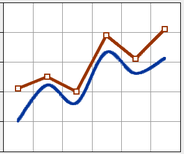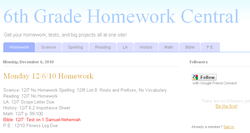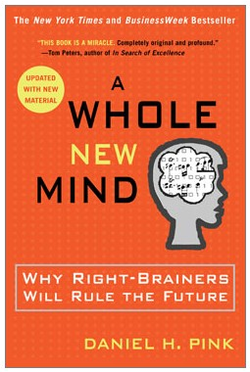Just before you were born, when someone had a research assignment to do for school, how did they get their information? Instead of using the internet, they had to go to the library to find resources. The bad part about the library was that there weren't as many resources there as there are on the internet. The good part of going to the library was that everything someone would find had been placed there by a librarian who has already decided if the material is reliable or not.
With the internet, we get a huge amount of information, but since anyone can post it, it's now up to each individual user to decide if a resource is reliable or not.
Today, you're going to get some tips on how to figure out if you can trust a website.
Pick one of the websites you are using and do the following:
1. Go to the checklist for evaluating websites.
What do you think? Does this website seem reliable?
2. Go to Alexa.com to see what other sites linked to your website.
Have you heard of any of these sites? How many are there?
3. Don't forget that you can use search engines like Sweet Search, that have tried to narrow the results down to reliable websites before you even begin your search.
With the internet, we get a huge amount of information, but since anyone can post it, it's now up to each individual user to decide if a resource is reliable or not.
Today, you're going to get some tips on how to figure out if you can trust a website.
Pick one of the websites you are using and do the following:
1. Go to the checklist for evaluating websites.
What do you think? Does this website seem reliable?
2. Go to Alexa.com to see what other sites linked to your website.
Have you heard of any of these sites? How many are there?
3. Don't forget that you can use search engines like Sweet Search, that have tried to narrow the results down to reliable websites before you even begin your search.



 RSS Feed
RSS Feed